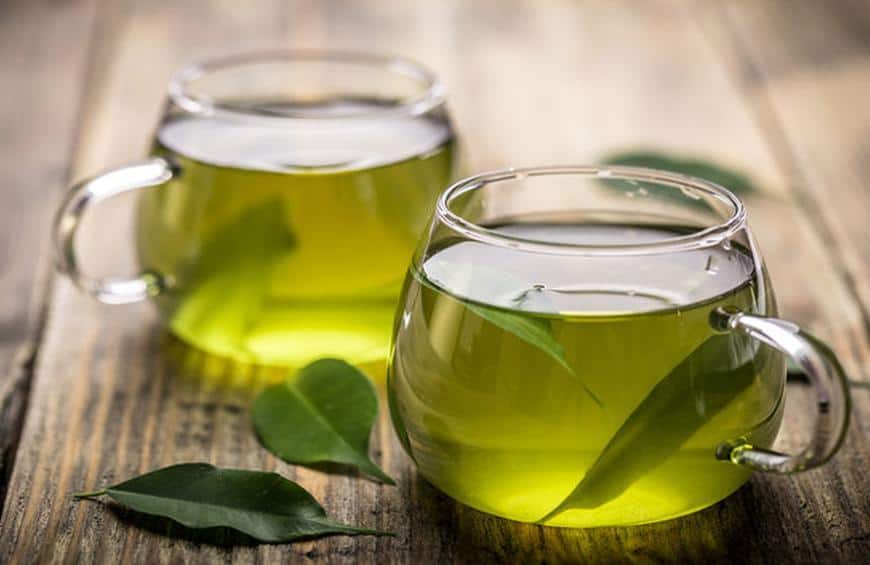


Looking to decrease the caffeine in your caffeinated tea? Caffeine is released immediately, while the flavor releases over minutes, so you can use this little trick to slightly reduce the caffeine in your tea. Our Organic Decaffeinated Earl Grey tea and Organic Decaffeinated English Breakfast tea still contain trace amounts of caffeine, approximately 4 mg.

This preserves the botanical compounds and unique flavor notes of the tea leaves. One cup (240 ml) of green tea provides around 30 mg of caffeine, or about 1/3 the caffeine in a cup of coffee. Our decaffeination process uses the only approved method for certified organic teas, an all-natural process that removes a majority of the caffeine by pressurized CO2. This natural stimulant promotes a state of arousal, alertness, and focus while reducing feelings of tiredness all of which can make it more difficult to fall asleep ( 15 ). What about our Organic Decaffeinated teas? You can visit our individual product pages to find out the exact amount of caffeine in your Choice Organics tea.īy comparison, coffee contains 90 mg of caffeine per 8 oz serving. Given these variables, we have determined a general range in milligrams (mg) based on our tea collection. Factors including the amount of tea used, water temperature, brewing time, or how the leaves are steeped, all contribute to caffeine levels. How the tea is prepared also plays an important role in how much caffeine makes it into your cup. In comparison, green tea brewed for three minutes contains 35 to 60 milligrams of caffeine. It’s the growing buds and young leaves of tea plants that create the highest amounts of caffeine.įactors such as the growing region, plant varietal, plant age, leaf age, length of the growing season, field conditions, soil nutrients, and rainfall can influence how much caffeine is in plucked tea leaves. A 16-ounce serving of Arizona Green Tea contains just 15 milligrams of caffeine, according to the Center for Science in the Public Interest. One exception is Yerba Mate, a South American herb that naturally contains caffeine.īiologist believe that all caffeine in plants work as a natural defense system to deter insects and other herbivores with its bitter taste and stimulating qualities. This translates to approximately 15-30mg of caffeine per cup of tea consumed. Herbal teas can come from any other plant that is not Camellia sinensis and most do not contain caffeine. The caffeine content of infused tea beverage is approximately 0.01-0.02. Green, Oolong, Black and White tea varieties all come from this plant and all contain caffeine. White tea is similar in nutrition to green tea and is less processed than black, oolong, and green tea, meaning it retains. All true tea comes from a single plant, Camellia sinensis. The caffeine in white tea ranges between 32 and 37 mg per 8-fl oz serving.


 0 kommentar(er)
0 kommentar(er)
